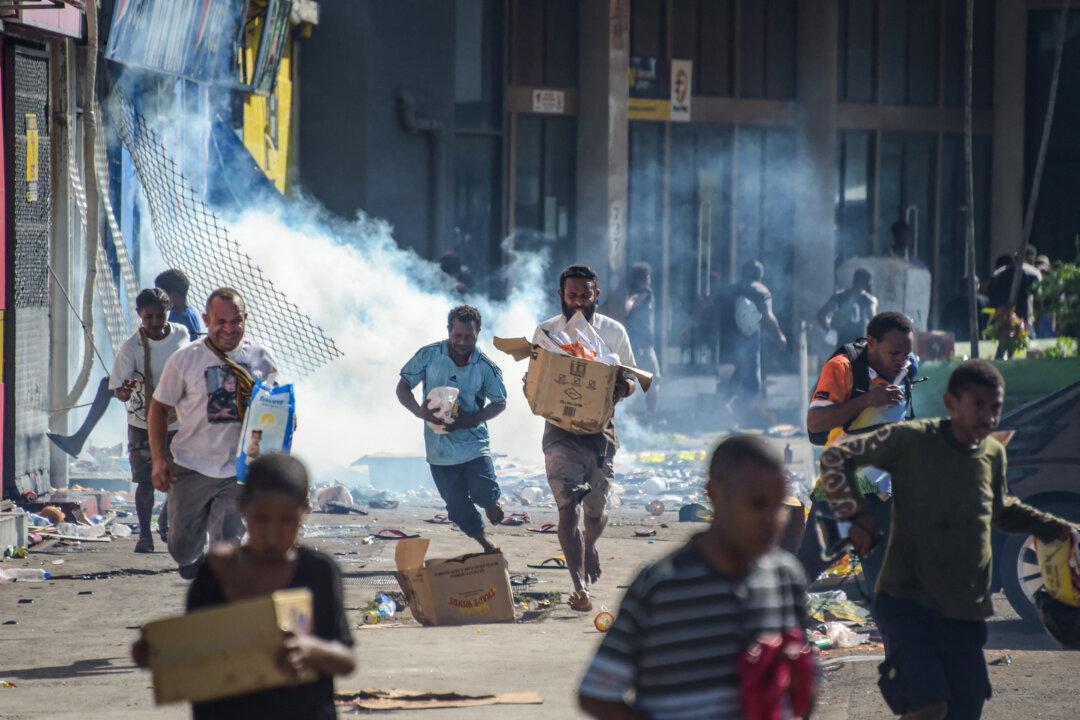Analysis
January 2024 was a big month for Papua New Guinea, with deadly riots threatening Prime Minister James Marape’s tenuous hold on power.

January 2024 was a big month for Papua New Guinea, with deadly riots threatening Prime Minister James Marape’s tenuous hold on power.